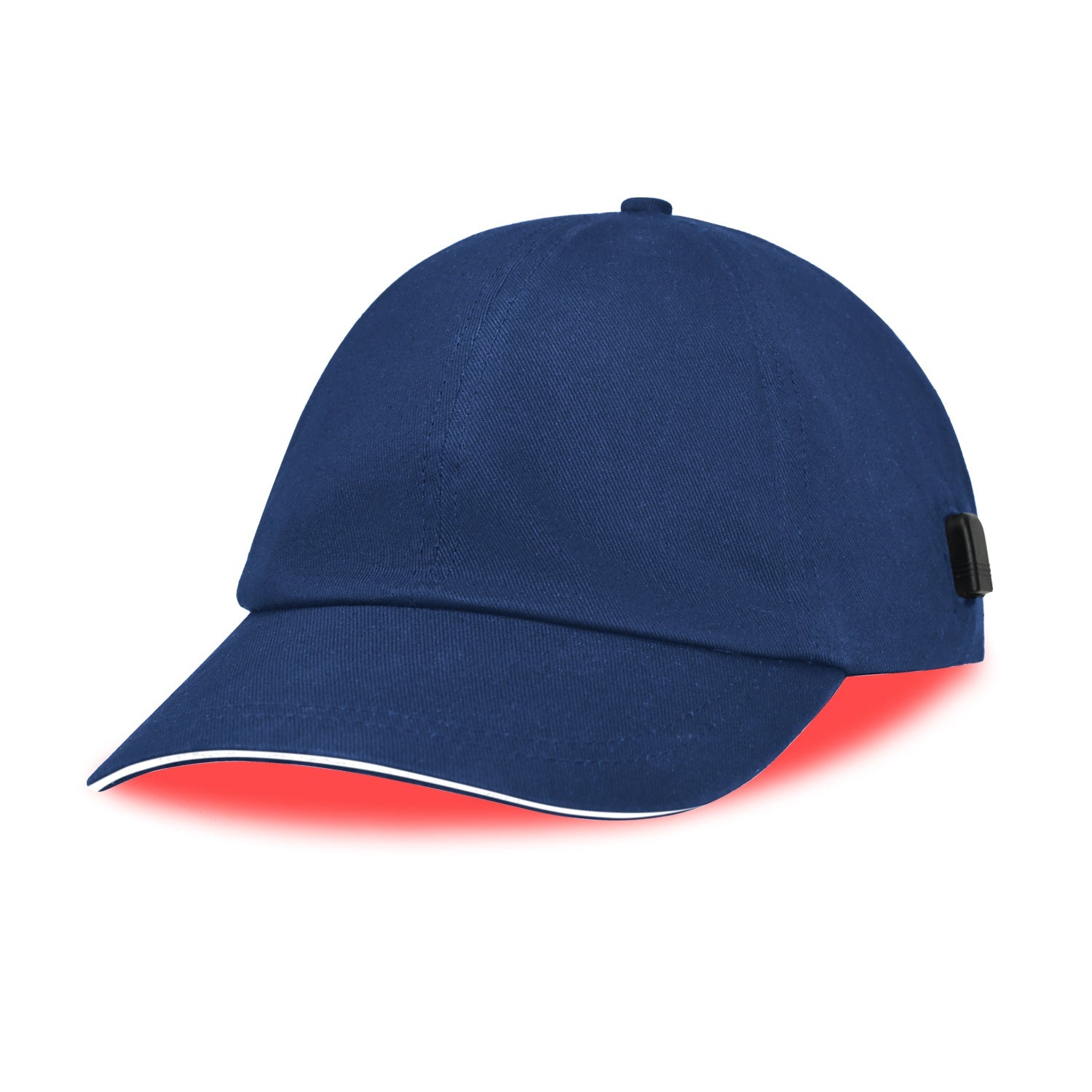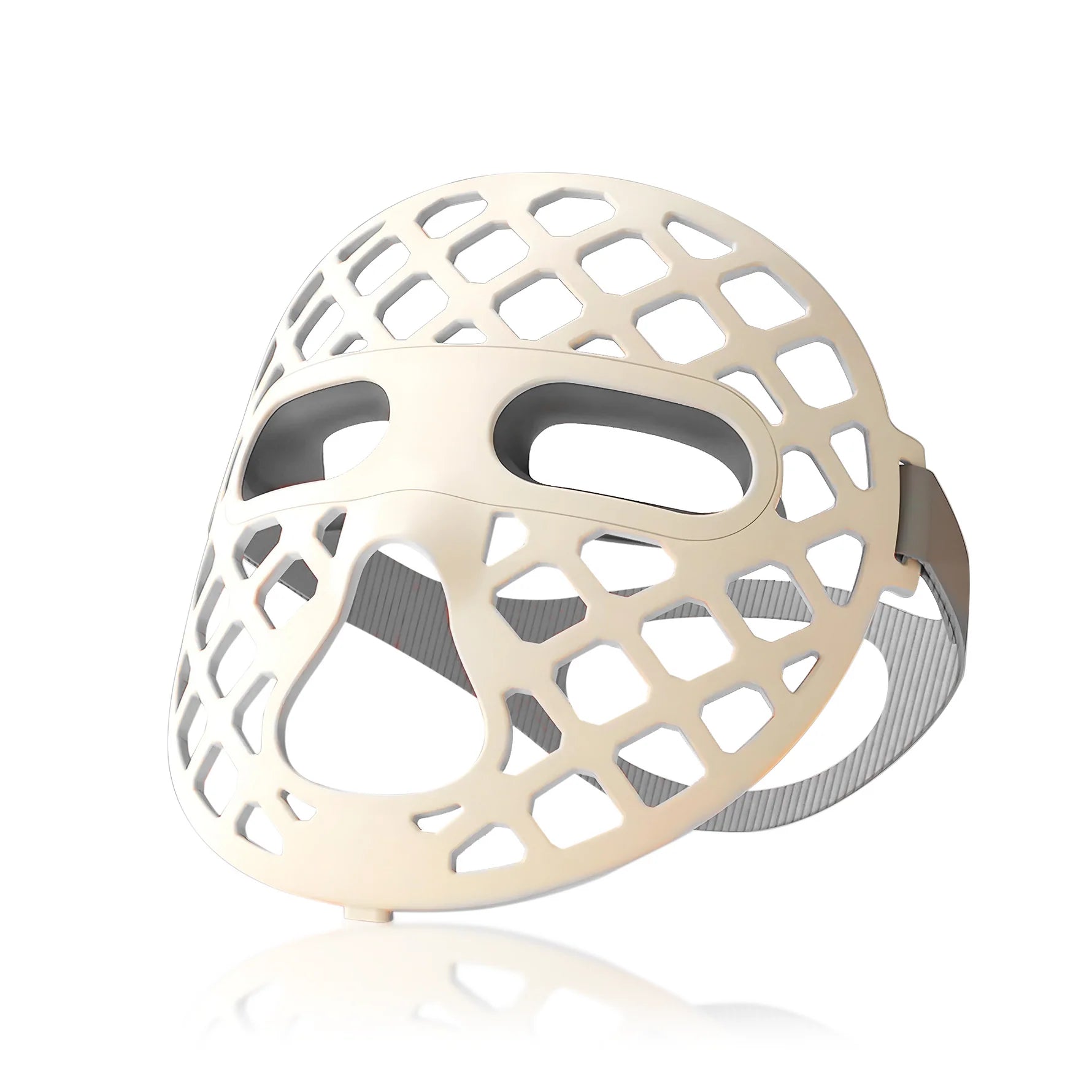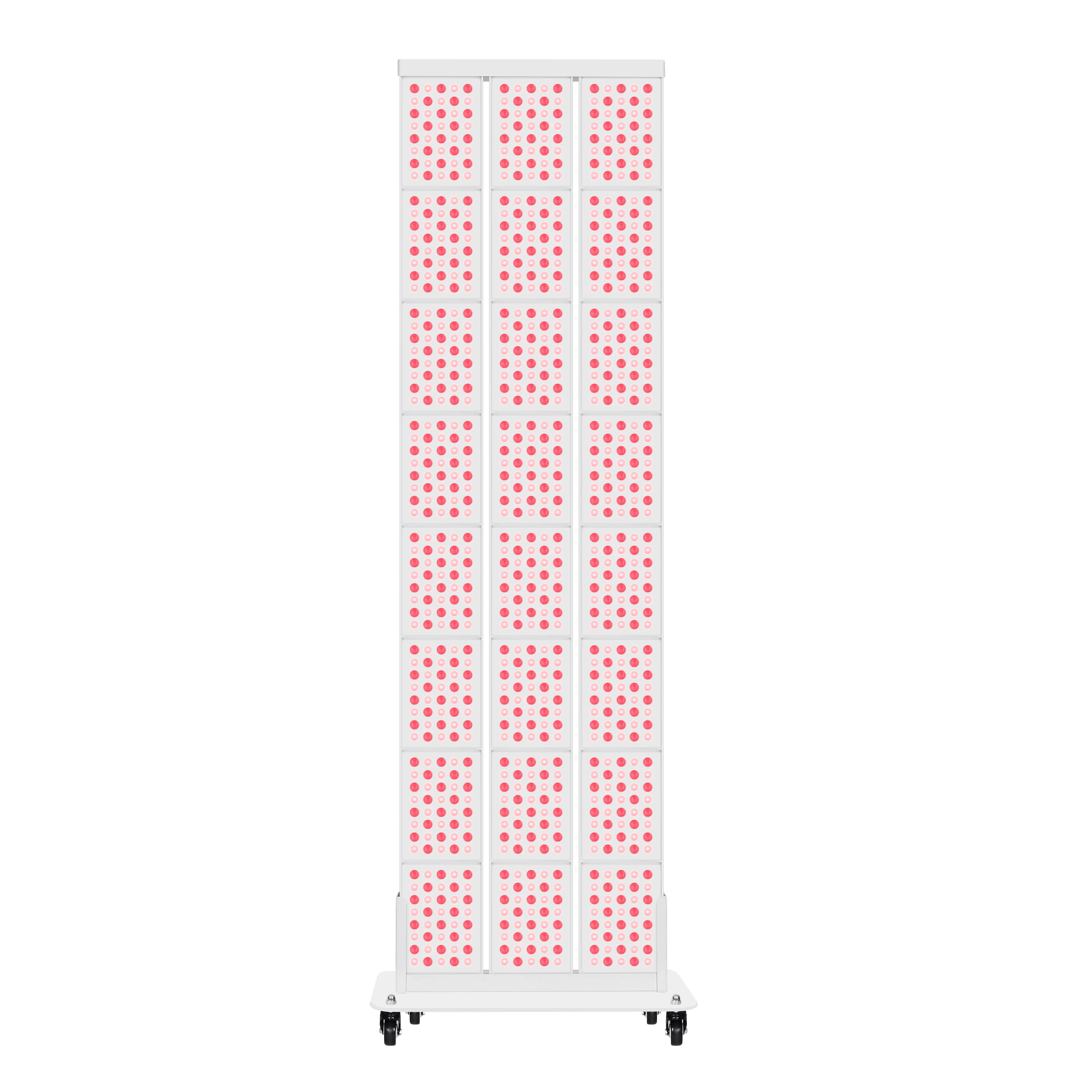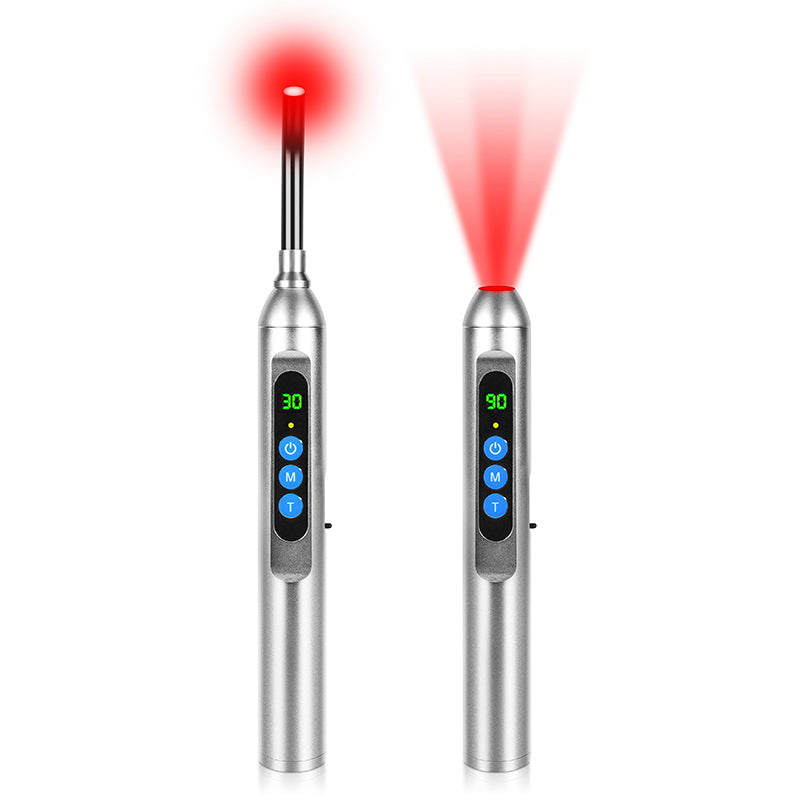What cause Gray Hair?
Gray hair is primarily caused by a decrease in the production of melanin, the pigment responsible for the color of hair, skin, and eyes. Melanin is produced by melanocytes, which are specialized cells located in the hair follicles. There are two main types of melanin that contribute to hair color:
Eumelanin: This type of melanin is responsible for black or brown colors.
Pheomelanin: This type of melanin is responsible for red and yellow colors.
As people age, the melanocytes in the hair follicles gradually become less active and eventually stop producing melanin. Without the pigmentation, new hair that grows in is colorless or appears gray or white. The process of hair turning gray is usually gradual and can be influenced by various factors, including:
Genetics: The timing and extent of graying are largely determined by genetics. If your parents or grandparents experienced early graying, there's a higher likelihood that you might as well.
Age: Aging is a natural factor that contributes to the reduction in melanin production. Most people start to notice gray hairs in their 30s or 40s, but the timing varies widely.
Ethnicity: Different ethnic groups may experience graying at different rates. For example, individuals with lighter skin tend to gray earlier than those with darker skin.
Hormones: Changes in hormonal levels, such as those that occur during puberty, pregnancy, and menopause, can affect melanin production.
Nutritional Deficiencies: Certain vitamin and mineral deficiencies, particularly B vitamins like B12, can contribute to premature graying.
Environmental Factors: Exposure to environmental pollutants and toxins may contribute to premature graying.
Smoking: Some studies suggest a link between smoking and premature graying.
While graying is a natural part of aging, it's important to note that it can also be influenced by factors beyond genetics. Embracing one's natural hair color is a personal choice, and many people choose to color their hair to cover gray if they wish.
Why Gray Hair & Hair Loss Are Related?
Gray hair and hair loss are two separate phenomena, but they can be related in certain circumstances. While one doesn't directly cause the other, they can share common contributing factors. Here are some key points:
Aging and Changes in Hair Follicles:
Gray Hair: The primary cause of gray hair is a reduction in melanin production in hair follicles as people age. Melanin is the pigment responsible for hair color, and as its production decreases, hair appears gray or white.
Hair Loss: Hair loss, on the other hand, can be influenced by a variety of factors, including genetics, hormonal changes, and aging. As people age, hair follicles may become more susceptible to the effects of hormones like dihydrotestosterone (DHT), leading to a process called miniaturization, where hair follicles shrink and produce finer and shorter hairs. Eventually, some follicles may stop producing hair altogether, resulting in hair loss.
Genetic Factors:
Gray Hair: The timing and extent of graying are often genetically determined. If your family has a history of early graying, you may be more likely to experience it.
Hair Loss: Genetic factors also play a significant role in hair loss. Androgenetic alopecia, commonly known as male-pattern baldness or female-pattern baldness, is a hereditary condition that can lead to hair thinning and loss.
Hormonal Changes:
Gray Hair: Changes in hormonal levels with age can influence melanin production and contribute to gray hair.
Hair Loss: Hormonal changes, such as those during puberty, pregnancy, and menopause, can also impact hair growth and may contribute to hair loss in both men and women.
Nutritional Factors:
Gray Hair: Nutritional deficiencies, particularly in certain vitamins and minerals, can contribute to premature graying.
Hair Loss: Adequate nutrition is essential for healthy hair growth. Nutrient deficiencies can contribute to hair loss, and maintaining a balanced diet is crucial for overall hair health.
While the two conditions share some common factors, it's essential to understand that not everyone with gray hair will experience hair loss, and vice versa. Both gray hair and hair loss are complex processes influenced by genetics, hormones, and environmental factors. If you have concerns about either condition, it's advisable to consult with a healthcare professional or a dermatologist for personalized advice and guidance.
How to Care for Graying Hair
Caring for graying hair involves a combination of good hair care practices, proper nutrition, and lifestyle choices. Here are some tips to help care for graying hair:
- Gentle Shampoo and Conditioner:
Use a mild, moisturizing shampoo and conditioner designed for your hair type. This helps to keep your hair hydrated and prevents it from becoming dry and brittle.
- Avoid Harsh Chemicals:
Minimize the use of harsh hair dyes and chemical treatments. If you choose to color your hair to cover grays, consider using gentler, ammonia-free hair color options.
- Regular Haircuts:
Regular trims help maintain the health of your hair. They also reduce the appearance of split ends, making your hair look healthier overall.
- Protect from Sun Damage:
UV rays from the sun can cause damage to your hair. Consider using a hat or hair products with UV protection to shield your hair from the sun.
- Hydration and Nutrition:
Stay well-hydrated by drinking plenty of water. A healthy diet rich in vitamins and minerals, including those like B vitamins, iron, and antioxidants, supports overall hair health.
- Gentle Styling:
Avoid excessive heat styling and use heat protectants when using styling tools. Limit the use of tight hairstyles that can pull on the hair, potentially causing breakage.
- Scalp Care:
Keep your scalp healthy by maintaining good hygiene and using a gentle shampoo. Consider using a moisturizing scalp treatment to prevent dryness.
- Supplements:
Consult with a healthcare professional about the potential benefits of supplements like biotin, which is known for supporting hair health. However, it's essential to get most of your nutrients from a balanced diet.
- Regular Exercise:
Physical activity promotes overall health, which can positively impact the health of your hair.
Now you know how to take care of gray hair, but you can’t be careless if your hair is thinning. Massaging your scalp regularly and using quality hair care products, such as our Red Light Cap by Youlumi, can help promote healthy hair growth. Our red light caps use an innovative and safe technology called Photobiomodulation Therapy (PBMT).










